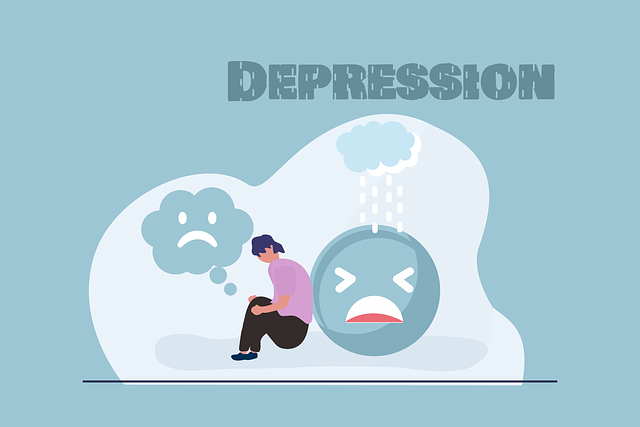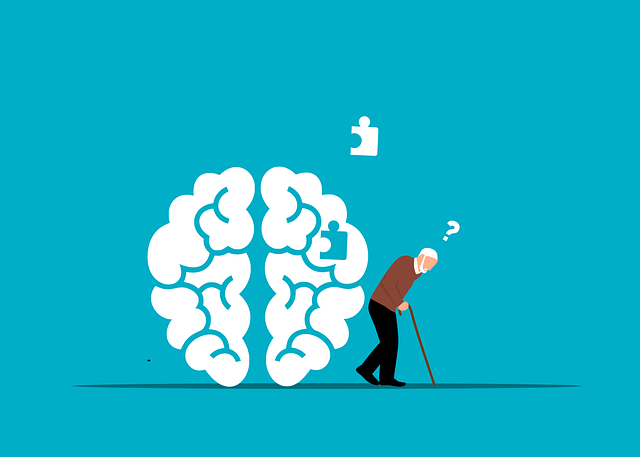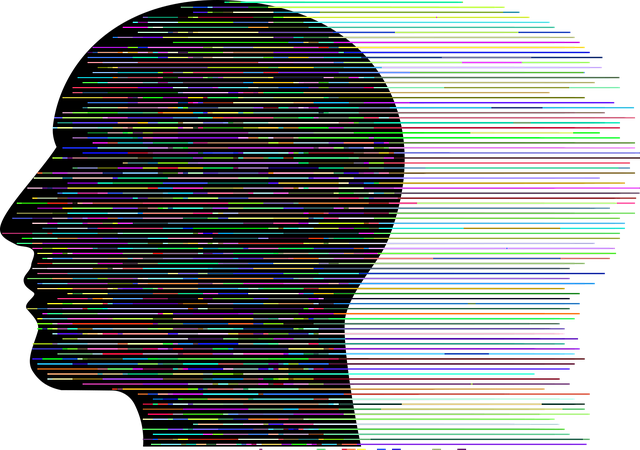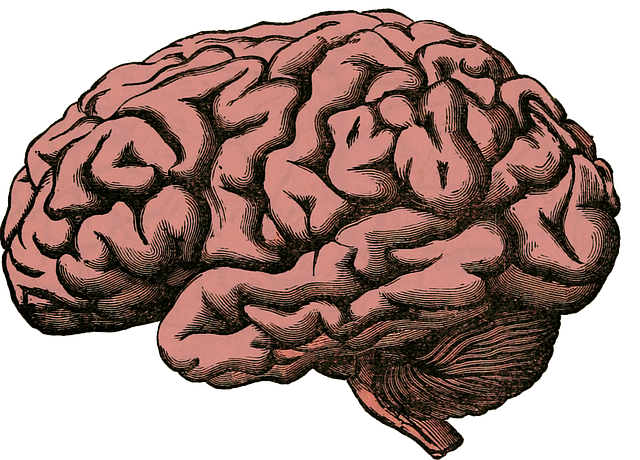Anxiety disorders are prevalent among young adults, with panic disorder and anxiety attacks significantly impacting daily life. Cognitive Behavioral Therapy (CBT) is an evidence-based approach focusing on identifying and changing negative thought patterns, improving emotional regulation, and reducing the frequency and intensity of panic attacks. Beyond CBT, compassion cultivation practices and positive thinking techniques combined with empathy building strategies offer holistic solutions. Effective management requires a comprehensive approach including lifestyle changes like regular exercise, balanced sleep, mindfulness, self-compassion, reframing thoughts, and social skills training to foster supportive relationships and reduce isolation.
Anxiety is a common struggle, especially among young adults facing the pressures of modern life. Understanding panic disorder and anxiety attacks is the first step towards managing them effectively. This article delves into various therapies tailored for young adults, like Cognitive Behavioral Therapy (CBT), known for its potency in overcoming anxiety. We also explore other effective treatments and essential lifestyle changes to help you combat anxiety and reclaim your well-being.
- Understanding Panic Disorder and Anxiety Attacks in Young Adults
- Cognitive Behavioral Therapy (CBT): A Powerful Tool for Overcoming Anxiety
- Other Effective Therapies for Anxiety Management
- Lifestyle Changes and Self-Care Strategies to Combat Anxiety
Understanding Panic Disorder and Anxiety Attacks in Young Adults

Anxiety disorders, particularly panic disorder and anxiety attacks, are prevalent among young adults. These conditions can significantly impact daily life, making it crucial for individuals to seek therapy tailored to their needs. Understanding these issues is the first step towards recovery. Panic disorder involves recurrent and unexpected panic attacks, intense periods of fear accompanied by physical symptoms like rapid heartbeat and sweating. Anxiety attacks, while similar, are often triggered by specific stressors or anxieties.
Therapy for young adults with panic disorder and anxiety attacks focuses on self-awareness exercises and emotional intelligence development. Techniques such as cognitive behavioral therapy (CBT) help individuals identify and change negative thought patterns contributing to their anxiety. By fostering mental health awareness, CBT equips young adults with tools to manage stress and reduce the frequency and intensity of panic attacks. Additionally, building emotional intelligence allows them to recognize and effectively regulate their emotions during challenging situations.
Cognitive Behavioral Therapy (CBT): A Powerful Tool for Overcoming Anxiety

Cognitive Behavioral Therapy (CBT) is a highly effective therapy for young adults struggling with panic disorder and anxiety attacks. This evidence-based approach focuses on identifying and challenging negative thought patterns, replacing them with more positive and realistic ones. By understanding the connection between thoughts, feelings, and behaviors, CBT empowers individuals to manage their anxiety symptoms effectively.
Through CBT, patients learn stress reduction methods and positive thinking strategies that help calm anxious minds. By gradually exposing themselves to feared situations in a safe and controlled environment, they can reduce avoidance behaviors and gain a sense of control over their lives. This therapy provides practical tools for coping with anxiety relief, making it a valuable resource for those seeking to overcome panic disorder and lead more fulfilling lives.
Other Effective Therapies for Anxiety Management

For young adults grappling with panic disorder and anxiety attacks, there are numerous effective therapies beyond traditional talk therapy. One promising approach gaining traction is compassion cultivation practices, which involve training individuals to cultivate self-compassion and kindness towards themselves, mimicking the benefits of mindfulness meditation. By reducing self-criticism and increasing emotional resilience, these practices can empower young adults to better manage anxiety symptoms.
Additionally, positive thinking techniques, when coupled with empathy building strategies, offer a holistic approach to anxiety management. Encouraging individuals to reframe negative thoughts and focus on positive affirmations can help disrupt anxious thought patterns. At the same time, developing empathy allows young adults to understand their own experiences better, fostering deeper self-awareness and emotional regulation skills that are crucial for managing anxiety attacks.
Lifestyle Changes and Self-Care Strategies to Combat Anxiety

Managing anxiety effectively requires a holistic approach that incorporates lifestyle changes and self-care strategies. For young adults dealing with panic disorder and anxiety attacks, making small but significant adjustments in their daily routines can significantly impact their mental health. One crucial aspect is adopting healthy habits such as regular exercise, sufficient sleep, and balanced nutrition. Engaging in physical activities like yoga or walking releases endorphins, which act as natural stress relievers. Establishing a consistent sleep schedule helps regulate the body’s internal clock, reducing anxiety levels.
Additionally, practices focused on mindfulness and self-compassion play a pivotal role. Techniques such as meditation, deep breathing exercises, and journaling can help individuals cultivate present-moment awareness, enabling them to recognize and challenge anxious thoughts. Building empathy within oneself through self-reflection and understanding is an empowering strategy. Mind over matter principles encourage individuals to reframe negative thought patterns and replace them with positive affirmations, fostering a sense of control. Social skills training is another valuable tool; learning effective communication techniques and building supportive relationships can provide a sense of belonging and reduce feelings of isolation often associated with anxiety.
Anxiety management is a multifaceted approach, especially for young adults dealing with panic disorder and anxiety attacks. While Cognitive Behavioral Therapy (CBT) has proven to be an effective tool, there are various other therapies and lifestyle changes that can significantly aid in overcoming anxiety. By understanding the root causes and employing strategies like mindfulness, regular exercise, and social support, young adults can effectively navigate their journey towards better mental health. Remember, seeking professional help is a crucial step, offering personalized therapy for young adults with panic disorder and anxiety attacks, enabling them to lead more fulfilling lives.








